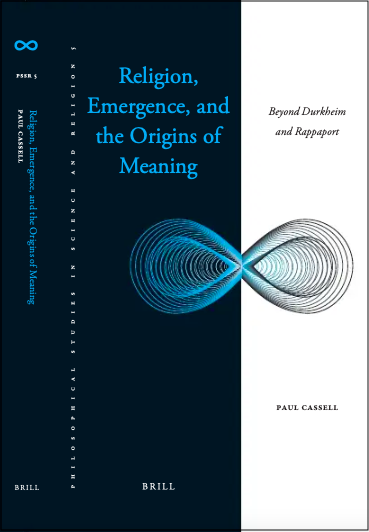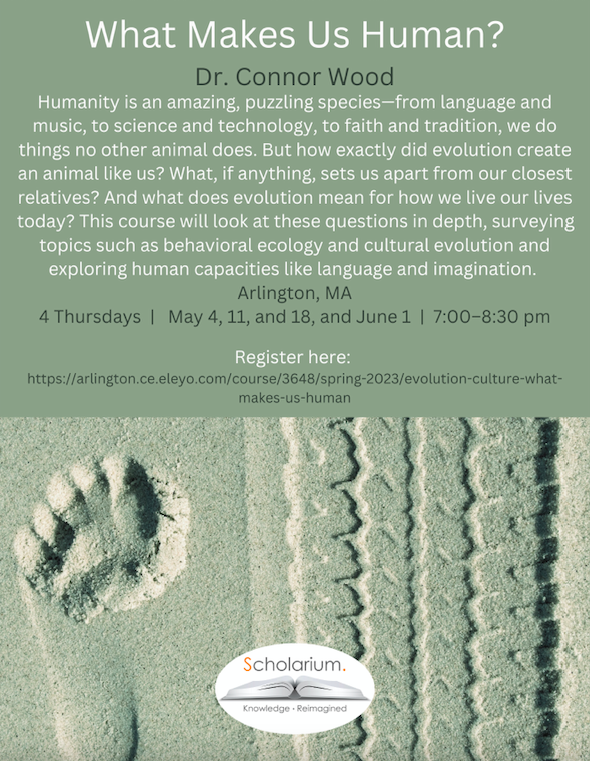Research at Scholarium
Scholarium is dedicated to multidisciplinary research that bridges the sciences, social sciences, and humanities. Our research projects tackle the big questions about the current and future state of human civilization, societies, religion, and cognition.
The Technocene Project
In the Technocene project we examine the historical transitions from theo-centrism, to anthropo-centrism, and to techno-centrism. We study and speculate about the implications of the growing fusion between biological and artificial systems. We examine how AI, bioengineering, and brain-computer interfaces are leading to a shift towards new types of organization in the biotic and cultural domains and how this is influencing human cognition, brain function, and the evolution of our species.
Link to a relevant article:

Some of the ideas we address in the Technocene project include:
- The evolution of artificial agents, which are beginning to act as semi-autonomous decision-makers (Agential AI).
- The way cultural and technological evolution is beginning to outpace biological evolution. Unlike the past where evolution was driven by genetic changes, we are increasingly shaped by cultural and technological innovations that can spread rapidly without biological inheritance
- The future prospects of quantum computing and its impact on human energy regimes and communication systems.
- New Forms of spirituality that are beginning to dislodge and outcompete traditional religious systems. We are specifically interested in scientifically driven spirituality inspired by AI and commercial space exploration (this does not include UFO religions)
The Major Evolutionary Transitions (METs) Project
Scholarium is proud to support the Major Evolutionary Transitions Project, a multidisciplinary initiative exploring rare and pivotal transitions in physics, biology, and human culture.
For those fascinated by big questions about culture, these are exciting times. A major intellectual synthesis is emerging across the natural sciences, social sciences, and humanities, with profound implications for how we understand the world. The Major Transitions in Evolution framework represents one of the most ambitious and far-reaching theories currently being explored across disciplines. We believe that educating the public and our students about this remarkable evolutionary narrative is essential for fostering a more scientifically informed and ethically conscious society.
Our project aims to integrate diverse academic tools and perspectives to develop a comprehensive theory of “universal evolution.” In particular, we seek to synthesize a vast body of current scholarship into a general theory of major transitions spanning material, biological, and cultural evolution. A key focus is situating the evolution of religion and culture within the broader context of Major Transitions in Evolution, as famously outlined by John Maynard Smith and Eörs Szathmáry (1995).
By working toward a holistic model of physical, biological, and cultural evolution, this project offers the social sciences and humanities a unique opportunity to enrich the grand evolutionary story—from the emergence of simple matter to the breathtaking complexity of 21st-century technological society. We believe that the most productive way to integrate the sciences, social sciences, and humanities is by linking several approaches, such as universal evolutionary theory, complexity science, and systems theory. Universal Evolution is a theory of evolution with applications outside biology, including material, chemical, and cultural evolution. Complexity science and systems theory are methods for analyzing highly complex, dynamic, and non-linear phenomena that are impossible to study using traditional scientific methods. These various approaches have been championed as leading candidates for establishing a unified conceptual bridge between the physical, biological, and cultural domains. If you are interested in this supporting this kind of research, or becoming part of our community contact us.
Check out some of our research on the topic:

sad

asdfasd
Lectures on relevant research themes by Scholarium:
